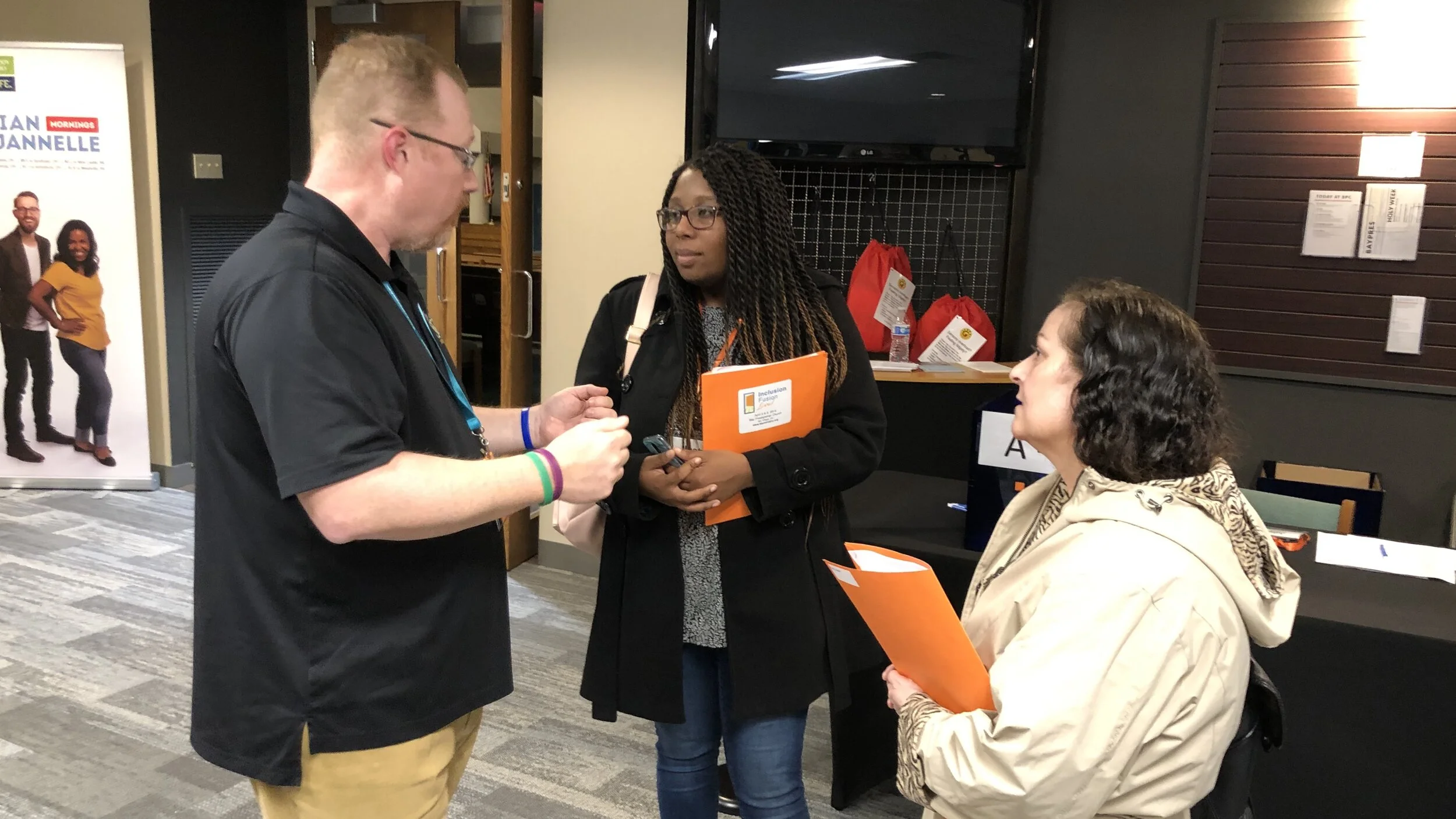We’re busy preparing for a different type of epidemic in our practice than the one our pediatric hospitals are readying themselves for.
Talk and preparation for the coronavirus will very likely exacerbate anxiety symptoms for many of the children we’re treating, and precipitate anxiety in kids predisposed to anxiety who have never before exhibited symptoms.
What can parents do to support the mental health of their kids amidst talk of the coronavirus in the weeks and months ahead? Here are seven ideas…
Model the response you would desire from your child in reacting to news about the virus or changes in your family’s routine resulting from parents working at home, schools being closed for an extended time or family members being quarantined. Kids learn how to respond to anxiety-provoking situations by watching how parents and trusted adults act when they’re anxious. Psychologists refer to this process as social referencing. If your anxiety about the virus is such that you can’t hide it from an anxious child, that’s probably an indication you should seek out professional help for yourself.
Consider involving kids in your family’s preparations and response to the virus. The research from natural disasters suggests that involving vulnerable children in family and community responses to potential danger increases resilience, protects against development of helplessness and may help mitigate against post-traumatic effects through promoting a sense of agency and self-efficacy. I’d encourage parents to cultivate opportunities for their children to serve others in the months ahead. Your church may be planning deliveries of food or basic necessities to medically fragile individuals and families. You might also identify older neighbors with needs and involve your child in addressing their needs.
Monitor exposure to attention-grabbing stories in the media. In my experience, kids with anxiety or Obsessive-Compulsive Disorder (OCD) are more vulnerable to the effects of media and discussions about potential dangers in school. Our practice treats lots of kids on the high end of the autism spectrum. I routinely see them in great distress following repeated class discussions about climate change. As a parent, you have little control over what your children are exposed to in school. I’d expect they’ll hear multiple discussions in coming days about hygiene and impacts on school activities resulting from the virus. There’s no reason to expose anxious kids to fear-mongering in the media designed to enhance ratings.
Plan ahead by identifying lots of books and activities that can occupy an anxious child’s mind in the event schools are closed for an extended time or someone in your family is quarantined. We’ve discussed in the past ways in which snow days and extended time off from school can increase rumination on distressing thoughts among anxious or obsessive kids. Any school closures will likely result in cancelation of most or all extracurricular activities that kids and parents depend upon for occupying free time. Consider books, videos, crafts, art projects and other materials that may serve as a distraction to your child during what will likely be a very anxiety-provoking time. For kids with anxiety, the short-term benefits of technology probably outweigh the downside during extended school absences.
One beneficial application of technology may be the use of videoconferencing technology to allay children’s fears about the health and well-being of older relatives. Kids and adults with anxiety often overestimate risk in unfamiliar situations. One of the best ways of allaying fears about the health of aunts, uncles, grandparents and great-grandparents is providing kids regular opportunities through FaceTime, Skype and Zoom to talk to their loved ones and see they’re in good health, especially if travel is discouraged for older adults.
Finally, I’d encourage families of children taking prescription medication to have a 90 day supply of prescription medication on hand in the event of drug shortages resulting from the epidemic. If your insurance refuses to cover the cost of a 90 day prescription (common among children covered under Medicaid), apps such as GoodRx allow parents and caregivers to walk into a drugstore and pay as little as $5 to $20 for a 90 day prescription for each of the three most commonly prescribed medications for anxiety in our practice. Most anti-anxiety medications shouldn’t be stopped abruptly and I don’t want my most anxious patients running out of their prescriptions during a time when they’re most vulnerable.
Finally, God has given us a wonderful opportunity to model faith in action in front of our children, as well as our friends, neighbors and coworkers. I can’t imagine how we could give our kids a better life lesson than allowing them to see each of us lean into our faith during a time of anxiety.
Let us then with confidence draw near to the throne of grace, that we may receive mercy and find grace to help in time of need.
Hebrews 4:16 (ESV)
*************************************************************************************************************
Inclusion Fusion Live (#IFL2020) is the largest disability ministry conference in the United States. Pastors, ministry leaders, families and caregivers from throughout the U.S. and beyond will gather in Cleveland on April 24-25 to share encouragement and ideas for welcoming and serving individuals with disabilities and their families. Ministry intensives offer in-depth training on special needs ministry, mental health ministry and trauma. Choose a MINISTRY TRACK or a FAMILY TRACK to select from over 50 workshops representing ministry-focused and family-focused topics. Either ticket will give you access to all main stage presentations including our featured speakers, numerous quick takes (TED Talk-style presentations), and worship. Early bird pricing is available. To learn more or to register, click here.





